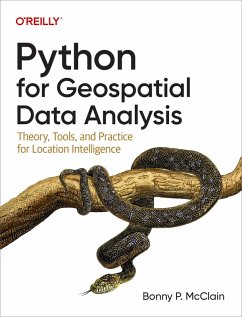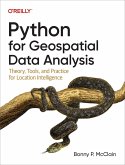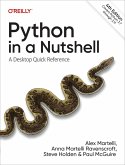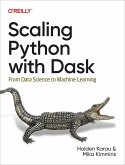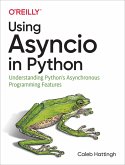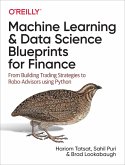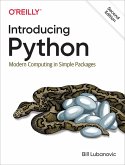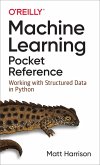In spatial data science, things in closer proximity to one another likely have more in common than things that are farther apart. With this practical book, geospatial professionals, data scientists, business analysts, geographers, geologists, and others familiar with data analysis and visualization will learn the fundamentals of spatial data analysis to gain a deeper understanding of their data questions.Author Bonny P. McClain demonstrates why detecting and quantifying patterns in geospatial data is vital. Both proprietary and open source platforms allow you to process and visualize spatial information. This book is for people familiar with data analysis or visualization who are eager to explore geospatial integration with Python.This book helps you:Understand the importance of applying spatial relationships in data scienceSelect and apply data layering of both raster and vector graphicsApply location data to leverage spatial analyticsDesign informative and accurate mapsAutomate geographic data with Python scriptsExplore Python packages for additional functionalityWork with atypical data types such as polygons, shape files, and projectionsUnderstand the graphical syntax of spatial data science to stimulate curiosity
Dieser Download kann aus rechtlichen Gründen nur mit Rechnungsadresse in A, B, BG, CY, CZ, D, DK, EW, E, FIN, F, GR, HR, H, IRL, I, LT, L, LR, M, NL, PL, P, R, S, SLO, SK ausgeliefert werden.

